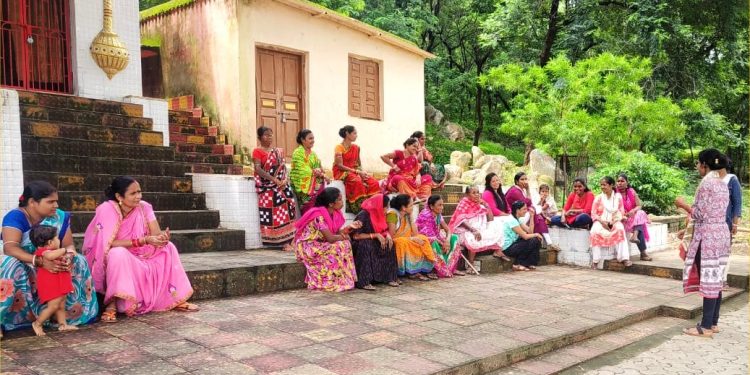Sambalpur: The Sambalpur Municipal Corporation (SMC) has decided to rope in the services of domestic helps for segregation of dry and wet waste in households.
The separation is necessary for better utilisation of waste treatment plants, officials said.
To achieve this goal, the civic body officials are holding meetings in every ward of this town and sensitising the domestic helps. This is among the new measures implemented by the SMC to keep the town clean.
Earlier, the SMC had used leaflets and posters to create awareness among the people regarding the disposition of dry and wet waste materials. All the garbage collection vehicles of the SMC have two compartments – one for dry waste and the other for wet.
However, despite its best efforts, the SMC has not been able to educate the people. Residents of this town still continue to dispose of dry and wet wastes together. The SMC had also imposed fines penalising the mixing of dry and wet wastes. However, it also did not work.
Now, the SMC has decided to take the issue to the doorsteps of the residents of this town. As a result, it has decided to rope in the services of domestic helps. The civic body feels that domestic helping hands, if properly educated, will help in segregation of the two types of waste.
SMC enforcement officer Subhankar Mohanty said the daily disposing of waste materials is increasing rapidly. Many families are handing over garbage to the collection vehicles without separating dry and wet materials. The best way to achieve the objective is to take the help of domestic workers, Mohanty stated.
For proper waste management, the SMC has divided the households into three categories. Those segregating dry and wet garbage have been marked green; those not doing so have been placed in orange category. Houses that do not dispose of waste at all have been put in the red category.
The SMC authorities are also trying to sensitise students and members of residential societies about the importance of proper waste management.
Sources said that the civic body has engaged 140 vehicles including battery-operated ones to collect garbage from the doorsteps of the houses. The collected waste materials are turned into compost for use in cultivation. Waste materials that do not rot are sent to the material recovery centre (MRC).
Mohanty pointed out that the segregation of dry and wet garbage is crucial for proper running of the waste treatment plants. “It is very important for the materials to be separated at the micro-composting centre,” Mohanty stated.
PNN







































